How Netflix Went From Film Powerhouse to Cable TV 2.0
Explore Netflix’s fall from Hollywood disruptor to Cable TV 2.0, pivoting from Oscar‑contender prestige films to cheap reality shows and algorithm‑driven binge fodder.
Over the past decade, Netflix went from being the most exciting thing in Hollywood to just another bloated streaming platform chasing audience attention. This was the company that revolutionized how we rented and watched movies, and for a while, it really looked like they were going to become the future of film. But somewhere along the way, Netflix stopped chasing Oscars and started chasing algorithms. Here's how Netflix went from the next big Hollywood disruptor to Cable TV 2.0.
Netflix was truly on top of the world in Hollywood in the late 2010s and into the early part of this decade. Then they really abandoned the film format completely in favor of more TLC-style content and a new focus on stand-up comedy, true crime, and reality TV. They’ve also been nearly wiped clean of catalog content from other studios, as players like Paramount, Warner, Universal, Disney, and more launched their own streaming services and took back the rights to most of their movies and shows.
Now Netflix is driving new subscriptions with reality shows, dating shows, live events like Jake Paul vs. Mike Tyson (which was a complete joke), and endless limited docuseries — most of which are clearly padded to three or four episodes when they should’ve just been a single 60- to 90-minute program. So why did it all change? Because their goals changed. Netflix went from trying to compete in Hollywood to trying to compete with cable TV. They stopped creating for their loyal subscribers and started creating for shareholders. In other words, they sold out for higher margins and higher stock prices. Capitalism is truly the enemy of art.
For every Stranger Things or Squid Game, there are now a dozen trashy reality shows on platform each month. I would trade 10 of those shows for one more season of a show like Mindhunter, but that isn’t what Netflix is about now. Netflix has fully shifted from trying to be the new Hollywood to becoming Cable TV 2.0. The result is a platform chasing quantity over quality. But as long as quality of the content is “good enough” — and quality is always subjective — they can keep people watching. More episodes, more hours, more data to feed the algorithm.
I think they learned the hard way that big-name directors and award-winning movies don’t always translate to big financial wins. They worked with Martin Scorsese, David Fincher, Aaron Sorkin, Alfonso Cuarón, Spike Lee, and yet the financial returns were not there. The projects were mostly great, but the budgets were massive. I can’t imagine a world where The Irishman made back its reported $200 million+ budget through subscription growth. Same goes for Mank, The Trial of the Chicago 7, Da 5 Bloods, and Roma. These were great films from respected talents, but probably not money-makers.
From roughly 2018 to 2022, Netflix tried hard to become the new Hollywood. They wanted so badly to win Best Picture. They reportedly spent $60 million just on the Oscar campaign for Roma. That kind of push was meant to signal that Netflix was at the top of the industry. But it never really happened.
By 2025, even though they still led in Oscar nominations — mostly because of Emilia Pérez, which had to be the result of another aggressive campaign because the movie sucked and appealed to almost nobody — Netflix wasn’t in the conversation anymore as a serious Hollywood player when it comes to films. But other studios and indie distributors were. Searchlight, NEON, A24, Focus Features, Mubi, and other indie companies became the disruptors Netflix wanted to be by taking an entirely opposite approach with smart, viral marketing, quality films, and reasonable budgets. It doesn’t sound like rocket science, but it is really disrupting the industry, and the wins speak for themselves.
Just in the past decade, NEON won Best Picture with Anora and Parasite, A24 won with Moonlight and Everything Everywhere All At Once, and Searchlight won with Nomadland and The Shape of Water. Spotlight, 2015’s winner, also came from an indie distributor, Open Road Films. Focus and Mubi (a relative newcomer) haven’t won the big award yet, but during the years that Netflix tried to buy its way to a win, these smaller studios and distributors beat them almost every time. Even AppleTV snuck in a win with Coda in 2021, really shoving it in Netflix’s face after their many attempts at Best Picture. Of the past 10 Best Picture award winners, 8 of them came from indie studios or distributors, and Netflix was not one of them.
Now, instead of making (or even licensing) quality movies, Netflix uses your monthly subscription to fund cheaper content. They’ve decreased quality, increased quantity, and raised prices. There’s more content than ever, but less of it that most film fans actually care about. If it wasn’t for my kids and my interest in true crime and documentaries, I wouldn’t still have a Netflix subscription. It doesn’t make sense in 2025 to keep paying for Netflix if you’re a film fan. There are better options out there. Mubi is better. The Criterion Channel is better. Shudder is better. Kanopy is better. Even Paramount+, Max, and Disney+ have deep catalogs with movies you can’t get elsewhere.
At this point, Netflix’s main competition isn’t Warner or Disney — it’s Comcast, YouTube, and Spectrum. They failed as a major Hollywood player, and they made a deliberate shift. It was all in pursuit of money instead of art. And honestly, I get it. They’re a publicly traded company in a capitalist world. They discovered that lowering the value of their content actually brought in more subscribers and delivered higher margins. I can’t fault the business logic, but as a movie fan, it’s incredibly disappointing.
This was a company that started as a dream for movie lovers. A rental-by-mail service that opened up access to tens of thousands of titles, right when video stores were shutting down. It was a lifeline. Then they became a streaming service with one of the best libraries out there, followed by a run of truly impressive originals in the late 2010s.
And now? Now my subscription price keeps going up so they can buy the rights to stream Jake Paul vs. Mike Tyson, or Kill Tony Live, or whatever other content I never asked for. Netflix has become a glorified YouTube-cable hybrid and it sucks to watch that shift happen as someone who came to this platform for movies first.


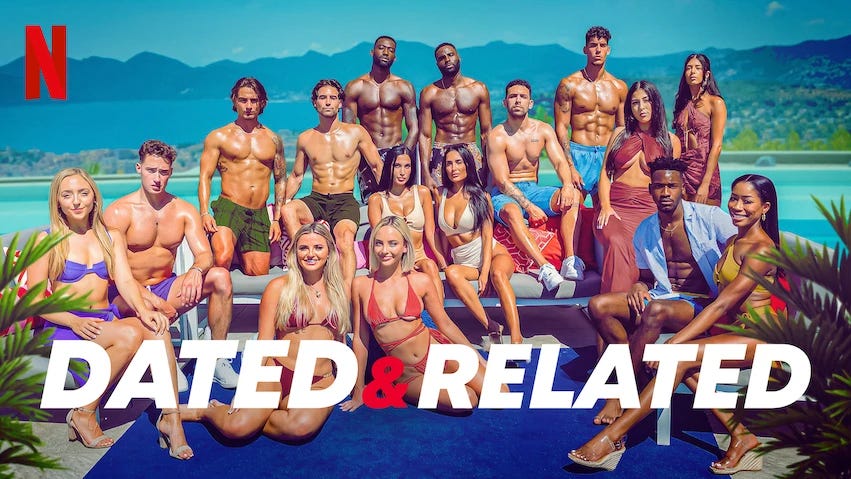
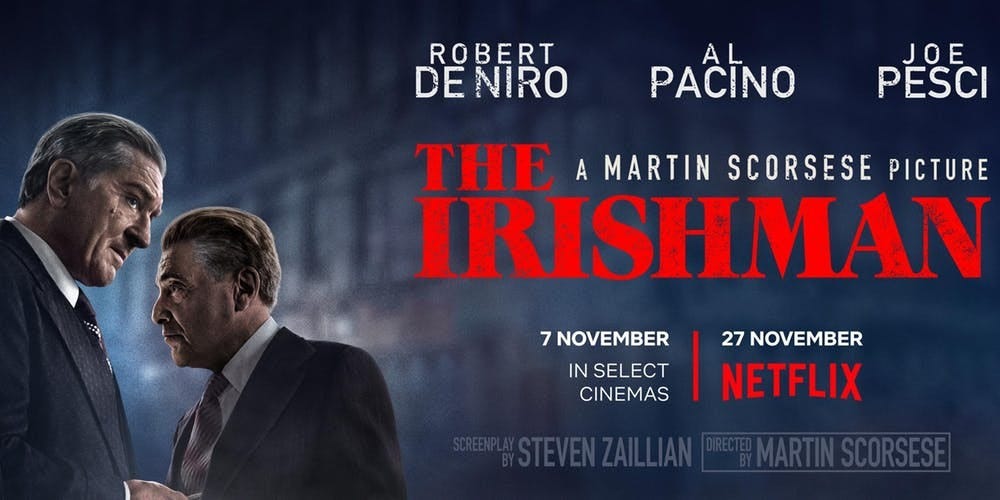
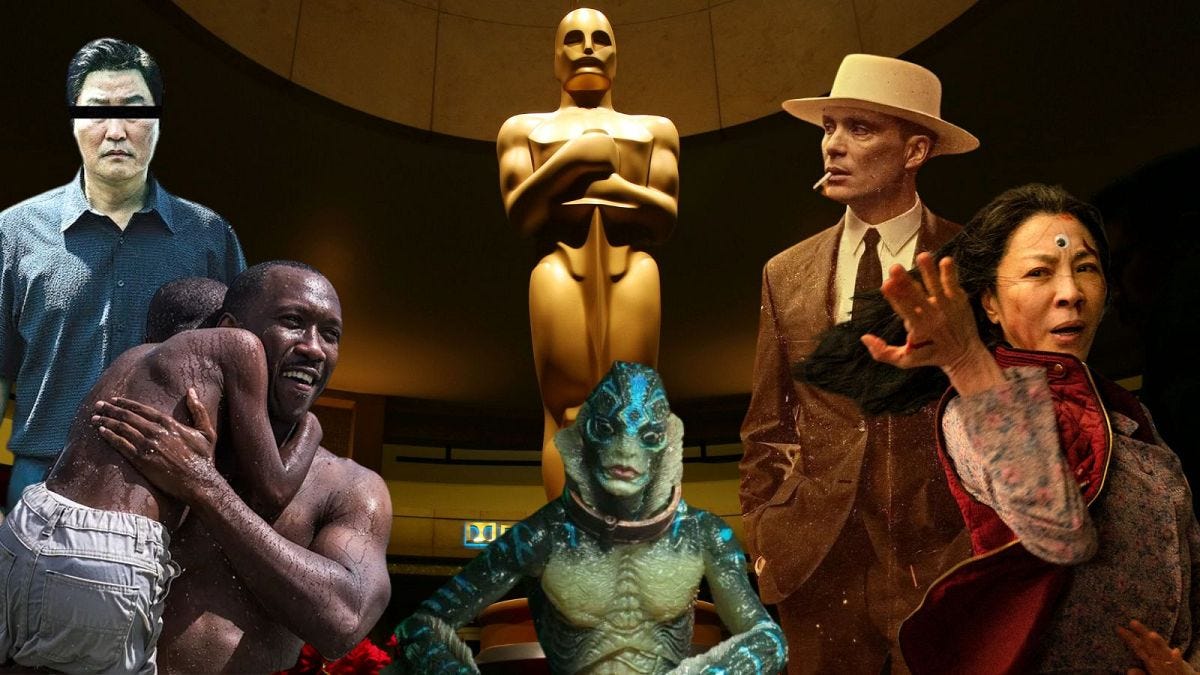
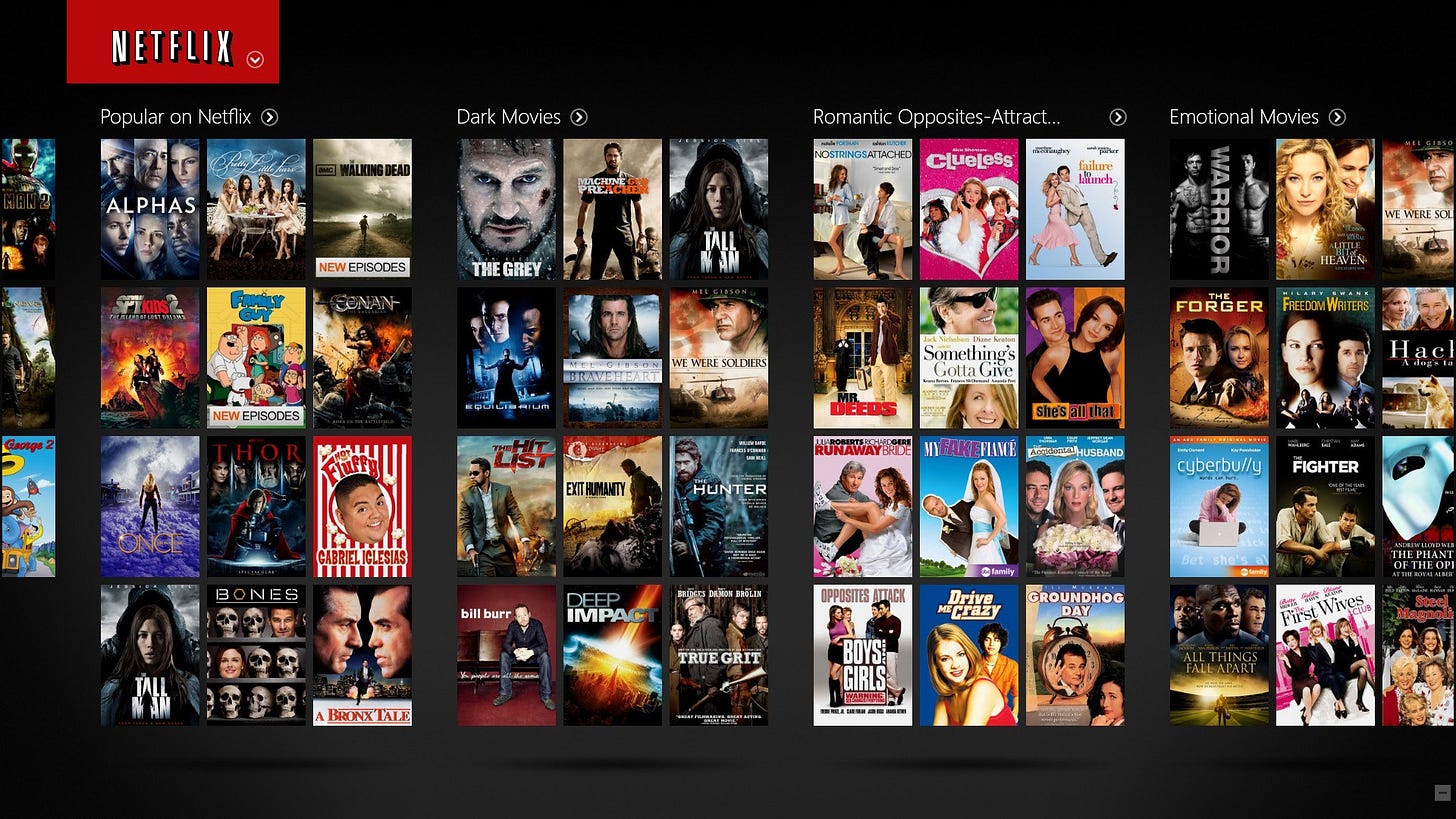
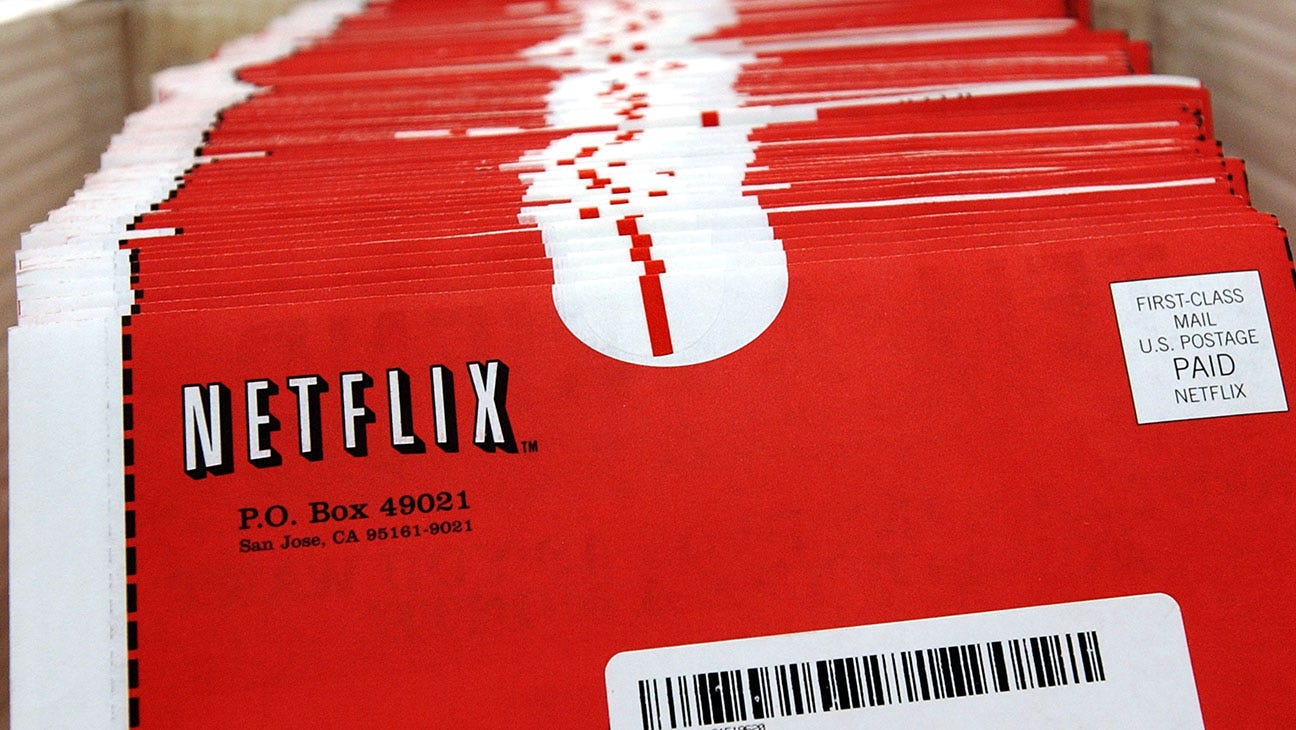
Netflix is no longer in its auteur era. I'm sad something like Fincher's "The Killer" gets buried on there and got such a limited theater release window.
Great article, Jeff! It's sad to see them prioritize reality slop over offering great movies and shows.
Personally, I have two big problems with Netflix. First, their antagonism towards physical media. In working with them, Mike Flanigan said they were hostile to the format, and you can see it in how few Netflix movies & shows make their way to disc.
Second, Netflix's harmful influence on the movie industry. With their practices, their pushing films to become accessible ONLY through a streaming subscription - no physical release, no digital rental, and little to no theatrical showing. Maybe this wouldn't be so bad if they made movies no one cared about, but they’re getting A-list actors and directors.
To that point, I'm heartbroken that the reported Tarantino & Fincher collaboration will be on Netflix, and therefore has a low chance of ever receiving a disc release.